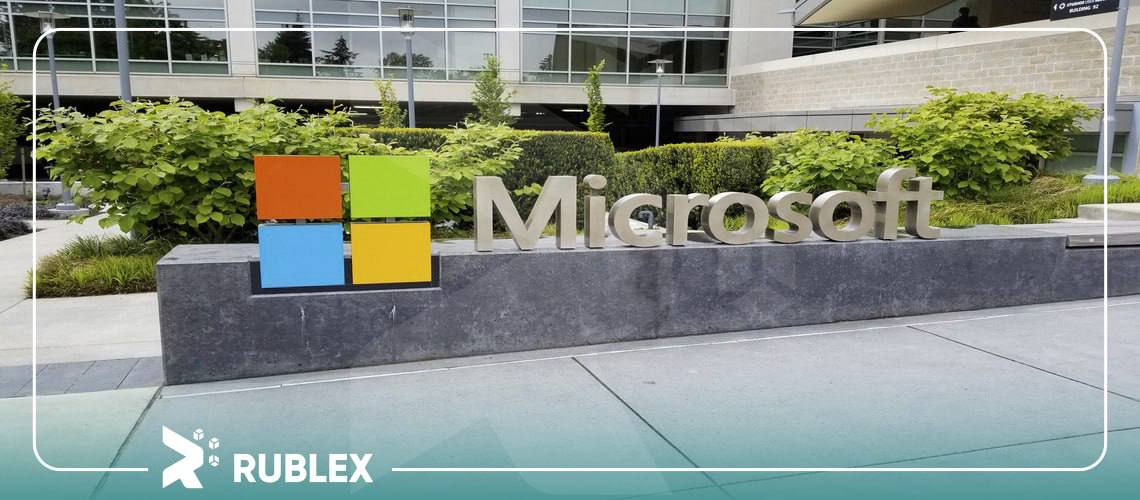In a discreet move, Microsoft has undertaken trials for an integrated non-custodial cryptocurrency wallet within its Edge browser.
Screenshots unveiled by software researcher Albacore reveal that Microsoft is currently in the experimental phase of incorporating a non-custodial cryptocurrency wallet directly into its browser. This wallet could serve as a versatile tool, enabling cryptocurrency payments and also providing a gateway to engage with decentralized finance (DeFi) and Web3 applications.
The showcased screenshots provide insights into the user interface of the cryptocurrency wallet, an explorer for decentralized applications, a real-time news feed, and the added functionality of purchasing cryptocurrencies via Coinbase and MoonPay.
“In the process of onboarding, Microsoft assures users that this wallet is non-custodial, granting them complete control over their funds. Neither will we possess your password nor your recovery key. The integration within Edge eliminates the need for any additional extensions, facilitating user-friendliness,” states Microsoft.
Although the initial pages of the wallet’s introduction do not specify the range of supported cryptocurrencies, one screenshot reveals that users will have the option to manually include custom tokens.
The screenshots hint at the wallet’s potential to enable users to both purchase and explore non-fungible tokens (NFTs) from prominent marketplaces. “Explore diverse marketplaces to find your inaugural NFT. As your collection of NFTs grows, we will curate them here,” as mentioned on the NFT-related page.
It’s worth noting that Microsoft has yet to officially announce this wallet initiative.
These wallet experiments coincide with Microsoft’s multifaceted involvement in the cryptocurrency arena, particularly its keen focus on the metaverse.
However, Microsoft recently terminated its Industrial Metaverse Core team, a project established merely four months ago to foster metaverse usage in industrial contexts. This move resulted in the layoffs of around 100 personnel associated with the project.
Expanding on the trend of integrating crypto wallets into browsers, Microsoft Edge joins the league. Various other leading web browsers have incorporated built-in crypto wallet support in response to the growing adoption of cryptocurrencies.
Opera, for instance, embarked on supporting cryptocurrencies as early as 2018, starting with mobile devices before extending the capability to desktop users in 2019. Recent developments have seen Opera’s browser wallet expand its compatibility to encompass several new blockchain networks, including Bitcoin (BTC), Solana (SOL), Polygon (MATIC), and Ronin (RON).
Likewise, Brave introduced its in-built crypto wallet, known as the Brave Wallet, in November 2021. The Brave Wallet is compatible with all Ethereum Virtual Machine (EVM) compliant blockchains and Ethereum Layer 2 chains, supporting standard ERC-20 tokens and ERC-721 NFTs.
While Brave’s overall popularity falls short compared to Opera, it has achieved remarkable user growth since its 2017 launch. Notably, as of January last year, Brave had exceeded 50 million monthly active users, with over 8 million participants actively earning BAT tokens as rewards.
For users of browsers like Mozilla Firefox and Google Chrome, the option remains open to install third-party cryptocurrency wallets like MetaMask to access Web3 applications.





